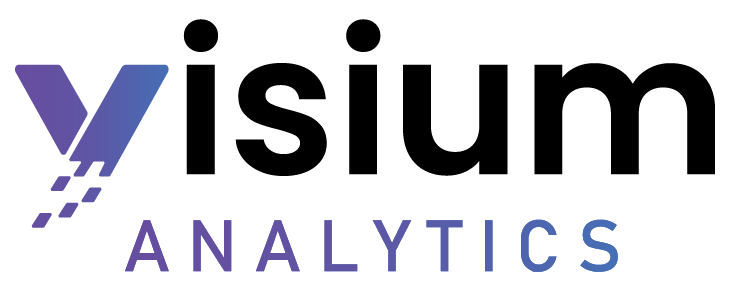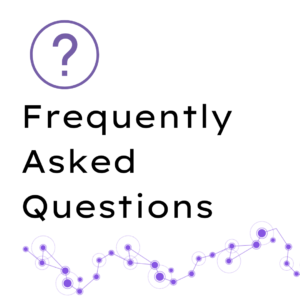The healthcare industry is undergoing a digital transformation, with the widespread adoption of electronic health records (EHRs), telemedicine, and other digital health technologies. While this transformation has the potential to improve patient care and reduce costs, it has also created a new and expanding attack surface for cybercriminals. Healthcare data is incredibly valuable on the black market, making it a prime target for attackers. The recent HIPAA Journal report, which revealed that the healthcare industry experienced a significant number of data breaches in July 2025, is a stark reminder of the gravity of this threat.
To effectively protect patient data and ensure the continuity of care, healthcare organizations need to adopt a more proactive and intelligent approach to cybersecurity. This is where Visium’s TruContext platform comes in, offering a powerful solution for securing the healthcare ecosystem with AI-driven cybersecurity and contextual intelligence.
The Unique Challenges of Securing Healthcare Data
Securing healthcare data presents a unique set of challenges. The healthcare environment is a complex web of interconnected systems, including EHRs, medical devices, and third-party applications. This complexity makes it difficult to have a clear and comprehensive view of the attack surface. Furthermore, the need to provide timely access to patient data for clinical care can sometimes conflict with the need to secure that data. This balancing act is a constant challenge for healthcare CISOs.
TruContext: A Prescription for a More Secure Healthcare Ecosystem
TruContext provides a powerful solution for securing the healthcare ecosystem by providing a deep understanding of the relationships between patients, providers, and data. By continuously monitoring user activity and analyzing data access patterns, TruContext can identify and alert on anomalous activity that may be indicative of a data breach. For example, TruContext can detect when a user is accessing an unusually large number of patient records or when they are attempting to exfiltrate data to an unauthorized location.
Furthermore, TruContext‘s graph analytics capabilities can be used to visualize the flow of patient data throughout the healthcare ecosystem. This can help to identify potential security weaknesses and to ensure that patient data is being handled in a compliant and secure manner. This deep contextual understanding is essential for protecting patient privacy and for complying with regulations such as HIPAA.
Real-World Example: The 2025 Healthcare Data Breaches
The recent wave of healthcare data breaches highlights the urgent need for a more proactive and intelligent approach to cybersecurity in the healthcare industry. These breaches, which have impacted millions of patients, have exposed the vulnerabilities of the traditional, reactive approach to security. TruContext can help to prevent these types of breaches by providing the real-time visibility and contextual intelligence needed to detect and respond to threats as they happen.
Building a Culture of Security: A Collaborative Approach
Securing the healthcare ecosystem is a shared responsibility. It requires a collaborative approach between IT, security, and clinical staff. By providing a common platform for sharing security information and for coordinating incident response, TruContext can help to break down the silos that often exist between these different departments. This can help to build a stronger culture of security throughout the organization and to ensure that everyone is working together to protect patient data.
Conclusion
The digital transformation of the healthcare industry has created a new and expanding attack surface for cybercriminals. To effectively protect patient data and ensure the continuity of care, healthcare organizations need to adopt a more proactive and intelligent approach to cybersecurity. Visium’s TruContext platform provides a powerful solution for securing the healthcare ecosystem, enabling organizations to identify and neutralize threats before they can impact patient care. By embracing this new approach, healthcare organizations can build a more resilient and secure future for their patients.



